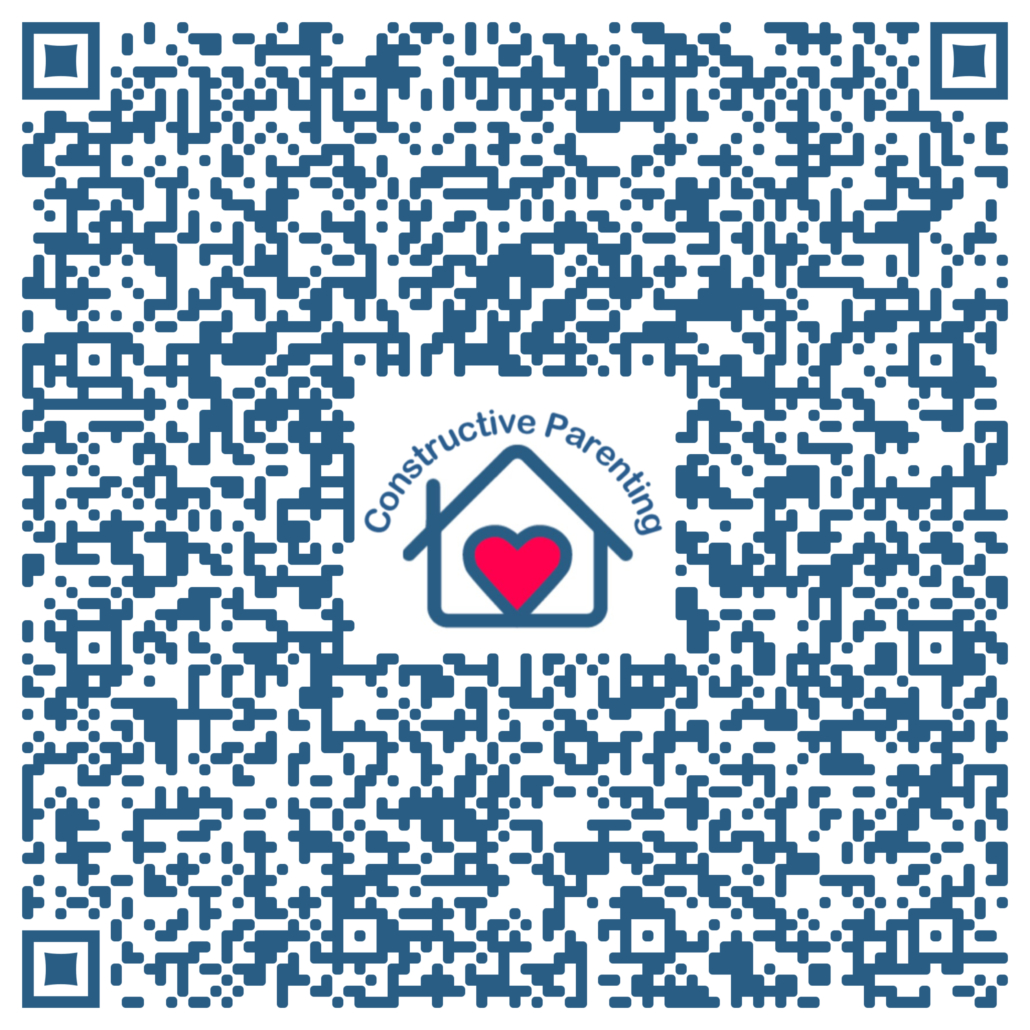Brainspotting Therapy in Charlotte, NC
If you’ve tried traditional therapy and it hasn’t helped, brainspotting may be exactly the tool you need to move forward. Developed in 2003 by David Grand, this ground breaking therapy combines EMDR, Somatic Experiencing and Relational Therapy into one powerful technique that capitalizes on the idea that “where you look affects how you feel.” Brainspotting is a brain-based trauma therapy that involves processing events while physically looking at a specific location. A study conducted in 2006 by the Newton-Sandy Hook Community Foundation found Brainspotting to be the most effective technique in treating trauma related symptoms, out of 16 different treatment modalities, including EMDR and Somatic Experiencing. Brainspotting is an effective intervention for both children and adults.
How Does It Work?
While there are many different techniques involved in brainspotting depending on the needs of the client, the most basic form is simple. The process begins with the client choosing which memory, event, trauma, belief or emotion they want to focus on. The therapist then assists the client in finding the ‘brainspot’ for that issue. A brainspot is the specific point in a person’s visual field that helps the person access unprocessed trauma residing in the subcortical brain. The brainspot can be located by the therapist through a physical reaction the client has while looking at a specific eye position. Clients can also learn to intuitively feel where their brainspot is.
Why Does It Work?
Brainspotting is founded on the concept that trauma is both experienced and stored in our physical bodies. As the brain holds on to traumatic experiences, tension is absorbed by the body leading to physical symptoms. Brainspotting accesses points of trauma that are deeply stored in the brain and helps the brain identify, process, and release fundamental traumatic experiences and their subsequent autonomic symptoms.
Brainspotting requires a deeply trusting and attuned relationship between the therapist and the client. The therapist is fully attuned to changes in the client’s emotional and physical needs and reactions and adjusts the brainspotting experience accordingly to ensure complete security throughout the healing process.
Who Can Benefit?
Everyone! Whether you are experiencing chronic trauma, childhood trauma, a recent traumatic event, recurrent distorted beliefs, addiction, sports performance issues, or other negative emotional experiences, brainspotting offers you hope and deep healing. Every person’s process looks different. No matter what difficulties you face, brainspotting can offer the chance to identify, process, and release tension that inhibits you from living an authentic and full life.
Brainspotting Helps With:
- intense feelings of anger or despair
- anxiety or phobias
- healing past traumas
- flashbacks
- hyperarousal to external or internal stimulus
- emotional or physical numbness or detachment
- mood swings
- performance anxiety and performance enhancement for athletes and artists
- unlocking creative potential
- deepening Somatic Experiencing techniques
- unburdening protective or exiled parts and increasing connection to self from an IFS perspective
Constructive Parenting, PLLC is proud to offer brainspotting therapy for adults and children in North Carolina.
Amanda Zaidman, LCSW is Phase 2 trained and has also had specialty training in using Brainspotting with members of the adoption constellation. Our Charlotte location is convenient to Cotswold, Foxcroft, Southpark, Dilworth, Myers Park and Eastover. We also offer virtual brainspotting sessions which means if you live in Raleigh, Durham, Winston Salem, Greensboro, Wrightsville, Asheville or anywhere else in the state we can work together to reach your therapeutic goals.



